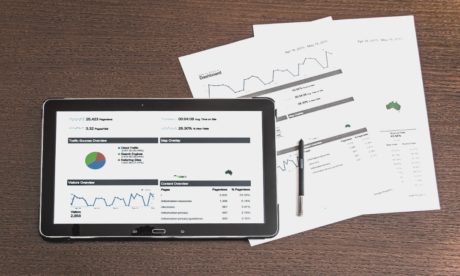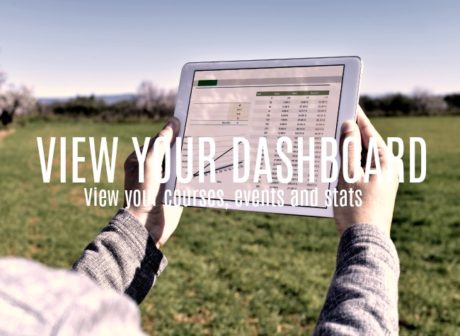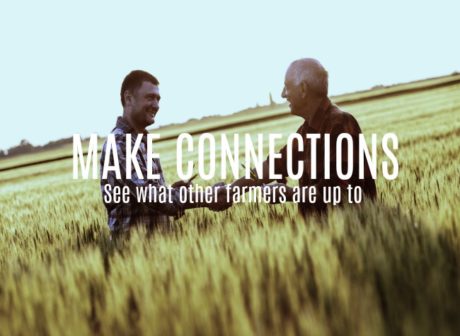By Melanie Lefkowitz |
Mobile matchmaking applications that enable users to filter her looks by battle – or use algorithms that pair up individuals of the same battle – strengthen racial divisions and biases, based on an innovative new papers by Cornell scientists.
As more and more affairs began on-line, dating and hookup programs should deter discrimination by offering users categories aside from competition and ethnicity to spell it out by themselves, posting inclusive community emails, and writing formulas that don’t discriminate, the authors mentioned.
“Serendipity are shed when anyone can filter other people aside,” stated Jevan Hutson ‘16, M.P.S. ’17, direct writer of “Debiasing Desire: dealing with prejudice and Discrimination on Intimate Platforms,” co-written with Jessie G. Taft ’12, M.P.S. ’18, a research organizer at Cornell technical, and Solon Barocas and Karen Levy, assistant professors of information technology. “Dating networks are able to interrupt certain personal tissues, but you lose those importance once you have concept functions where you can remove people who are unique of your.”
The report, which the writers will show during the ACM seminar on Computer-Supported Cooperative Operate and societal Computing on Nov. 6, cites existing investigation on discrimination in online dating software to exhibit exactly how easy build choices could reduce opinion against folks of all marginalized communities, such as impaired or transgender men. Although mate choices are extremely private, the writers believe tradition types our very own choices, and internet dating apps effect our very own decisions.
“It’s truly an unprecedented opportunity for matchmaking and fulfilling on the web. More individuals are utilizing these applications, and they’re critical infrastructures that don’t bring most attention about opinion and discrimination,” said Hutson, now students during the institution of Arizona School of rules. “Intimacy is very private, and correctly therefore, but our very own private lives have impacts on bigger socioeconomic models that are systemic.”
Fifteen percentage of Us citizens document making use of online dating sites, and some data estimates that a 3rd of marriages – and sixty percent of same-sex relations – began on the web.
Studies have shown racial inequities in online dating tend to be widespread. As an example, black colored men and women tend to be 10 times prone to content whites than white people are to content black men. Permitting consumers lookup, type and filter potential lovers by competition besides enables visitors to quickly respond in discriminatory choice, it stops all of them from linking with couples they might not need noticed they’d love.
Software could also make biases. The paper cites studies revealing that males exactly who utilized the programs seriously seen multiculturalism much less positively, and sexual racism much more appropriate.
Users which have emails from individuals of other events are more inclined to participate in interracial swaps than they’d have actually normally. This shows that making systems making it more comfortable for people of different races to generally meet could mastered biases, the authors mentioned.
The Japan-based homosexual hookup application 9Monsters groups people into nine types of imaginary giants, “which may help customers search past other forms of differences, such competition, ethnicity and capability,” the report states. Various other software use filters considering qualities like governmental vista, relationship background and education, in place of competition.
“There’s undoubtedly a lot of space to create different ways for folks to learn about one another,” Hutson stated.
Algorithms can establish discrimination, intentionally or otherwise not. In 2016, a Buzzfeed reporter found that the internet dating software CoffeeMeetsBagel demonstrated customers best prospective couples of the exact same race, even if the consumers said they’d no preference. a test operate by OKCupid, wherein people are advised they were “highly appropriate” with individuals the algorithm really considered bad matches, learned that consumers comprise almost certainly going to bring winning relationships whenever advised they were appropriate – showing the stronger power of recommendation.
Along with rethinking ways hunt become conducted, uploading strategies or information promoting a more inclusive ecosystem, or explicitly prohibiting some vocabulary, could lessening prejudice against customers from any marginalized party. For instance, Grindr printed a write-up called “14 communications Trans folk would like you to get rid of providing on relationships programs” on the mass media webpages, as well as the gay relationships app Hornet pubs customers from referring to battle or racial tastes within pages.
Adjustment like these could have a huge effect on people, the authors mentioned, due to the fact rise in popularity of matchmaking applications keeps growing and fewer affairs begin in areas like bars, communities and workplaces. Yet while physical areas is subject to guidelines against discrimination, internet based apps are not.
“A haphazard bar in North Dakota with 10 users per day was susceptible to most civil-rights directives than a system which includes 9 million folks going to each day,” Hutson said. “That’s an imbalance that doesn’t make sense.”
However, the writers said https://hookupdate.net/spicymatch-review/, courts and legislatures demonstrate resistance to get involved with intimate connections, and it also’s not likely these programs will be managed in the near future.
“Given these particular platforms are getting to be progressively conscious of the effects they usually have on racial discrimination, we envision it is not a large extend in order for them to just take a justice-oriented approach in their layout,” Taft stated. “We’re trying to boost understanding that the is one thing designers, and people in general, must be convinced much more about.”








0 responses on "Cornell Chronicle. Tinder and Grindr need tens of an incredible number of customers, and Tinder claims it has got facilitated 20 billion relationships since the establish."